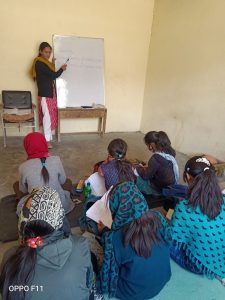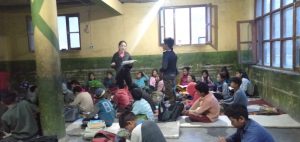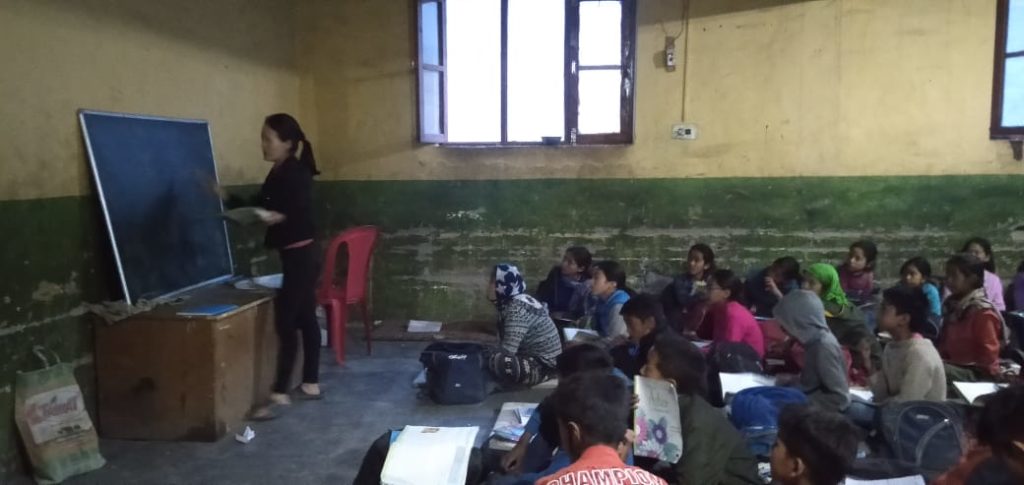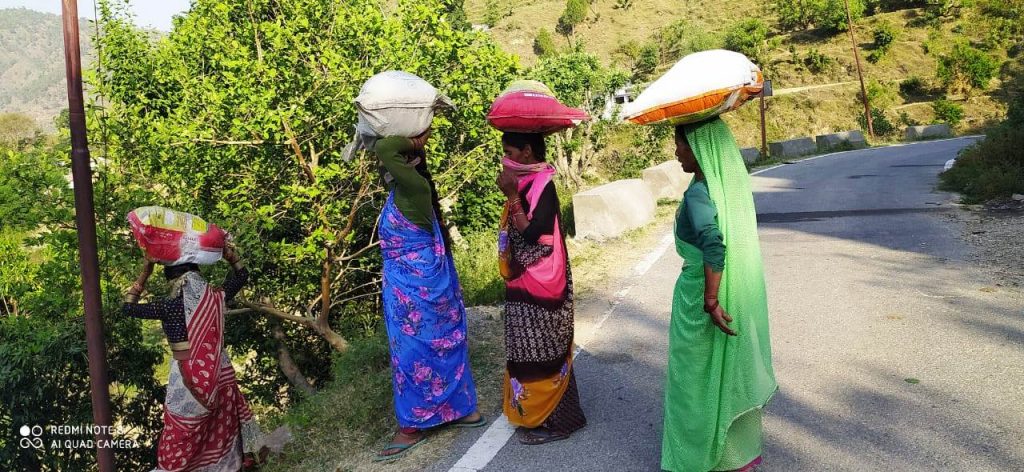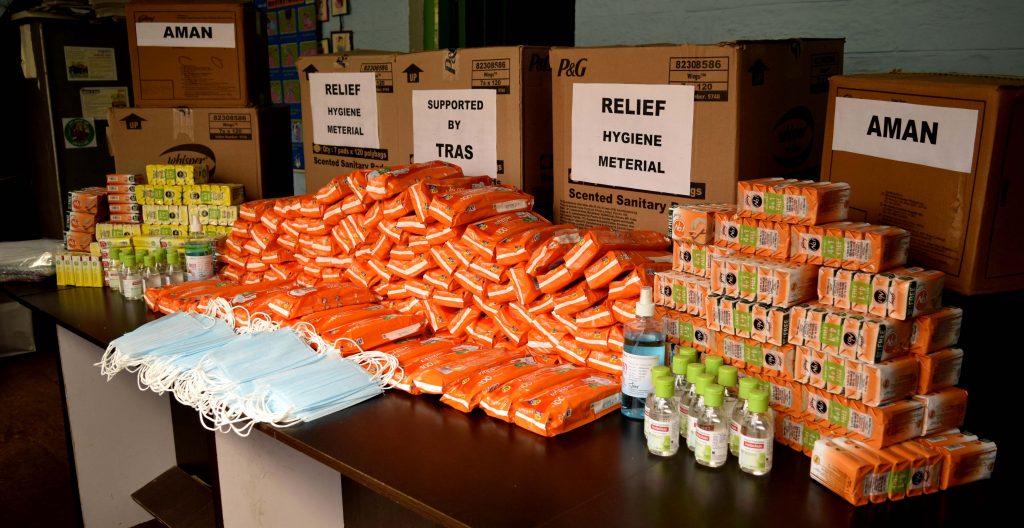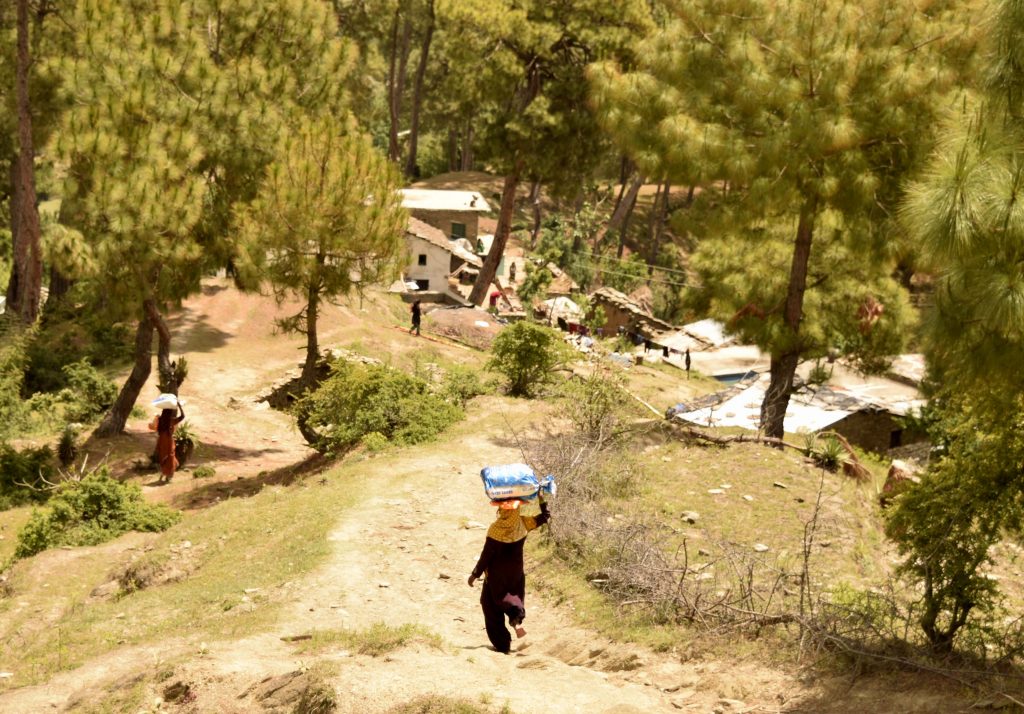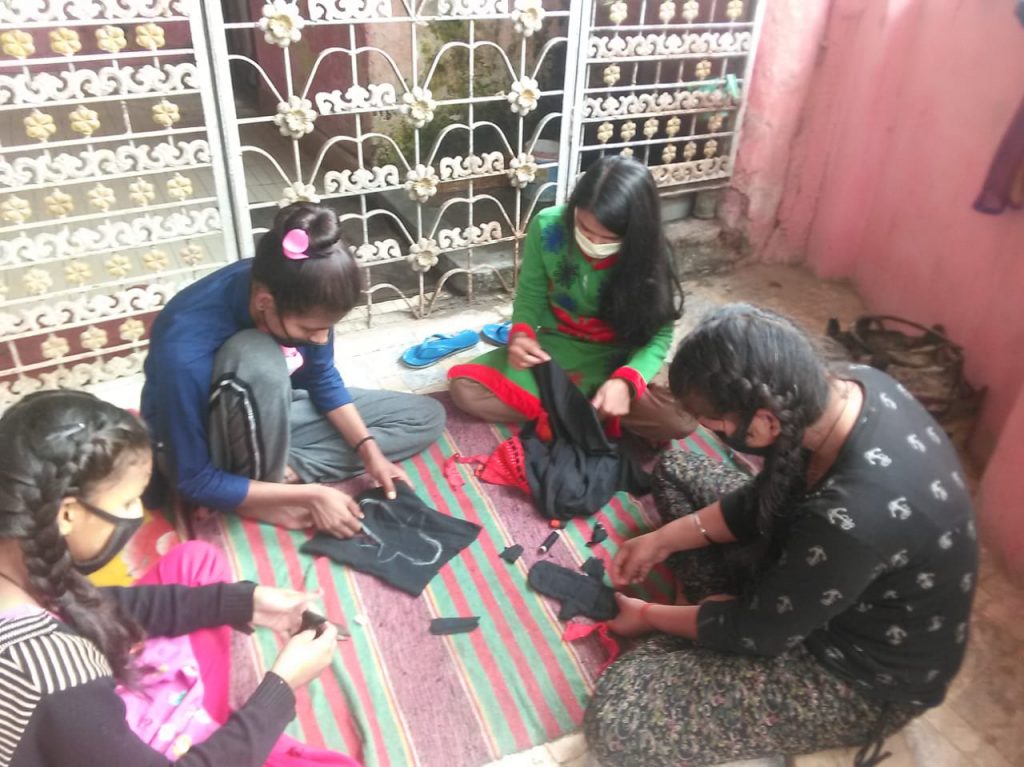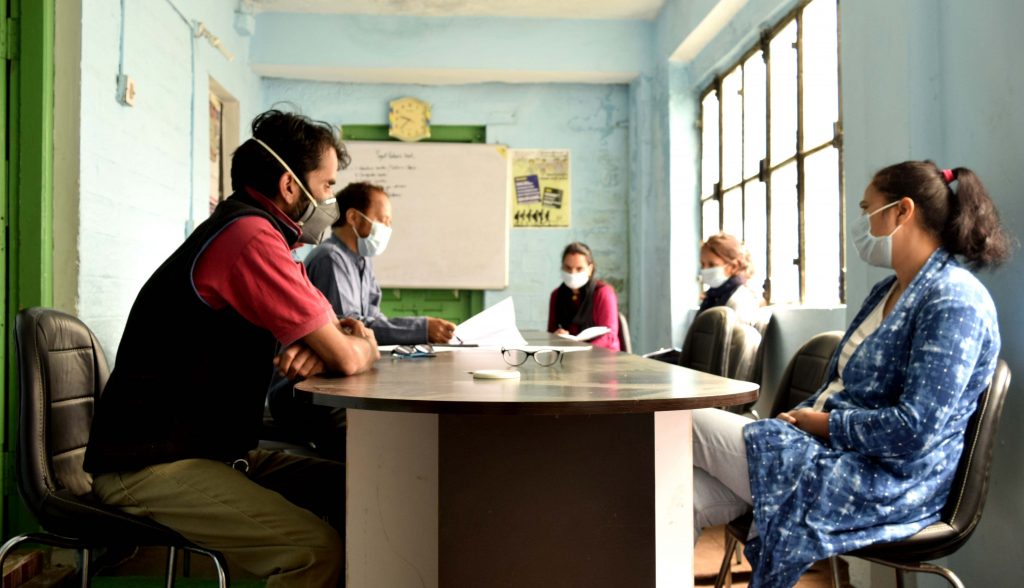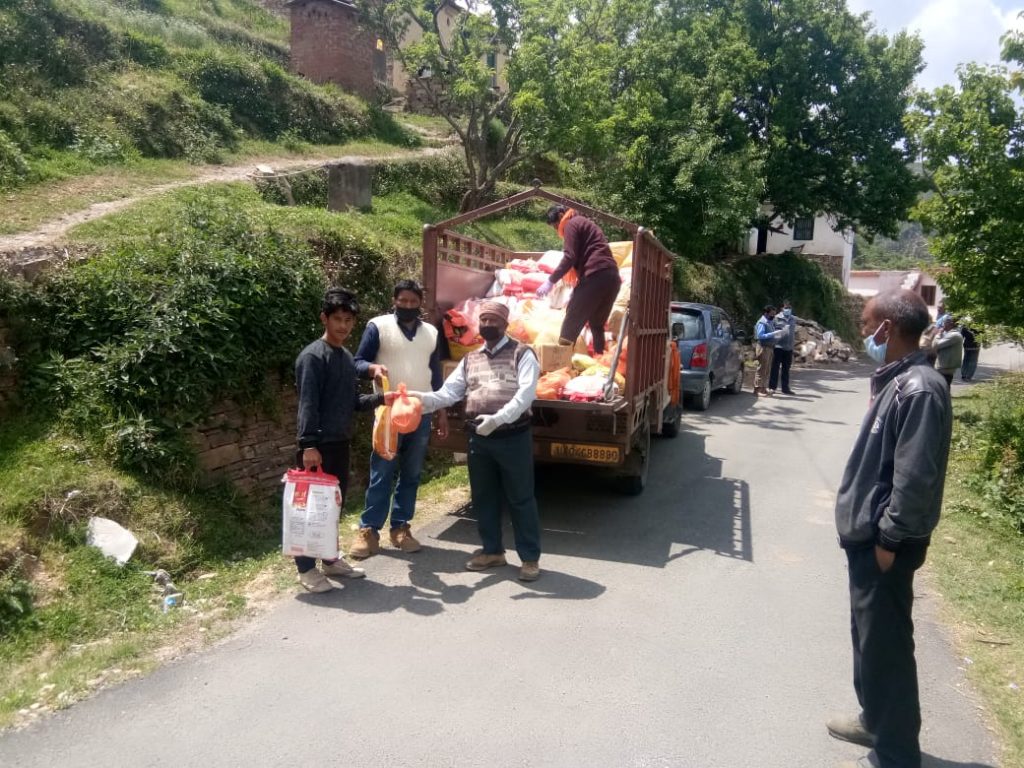Munsel-ling School – Spiti
Munsel-ling School Education Update during COVID -19 Pandemic
September 2020
This year there is lots of distraction due to COVID but in Spiti we are lucky enough that the virus has not entered in Spiti and we are safe, however beside Govt. Lockdown and restrictions the local community is taking effective preventive measures towards entry of this virus in the valley.
With respect to schooling the Government schools are teaching their students at some empty houses or spaces as officially schools are not allowed to open beside they are also teaching online at some places.
In this direction at Munsel-ling in the beginning we tried with running online classes with help our friend, Dr Rana. This was also not fruitful as many villages are not connected with internet. Beside it was not manageable for a teacher to show videos of different subjects and different classes at meantime. Beside the parents are not that much well versed in this technology so they could help their children’s in their houses with the videos. So Upon the requests of the parents and the students, we have started classes in the different villages of Spiti valley and Kinnaur for our students .
In this initiative of starting classes in different villages our Munsel-ling former students who are now college passed out or college goers are playing a major role as they are teachers or instructors for our students in their respective villages. The colleges students are back to their homes due to COVID and besides just sitting in their homes they also got an opportunity to give something back to Spiti and our Munsel-ling school and themselves will also retain some experiences and will keep touch will their studies.
In the case of Grade 10th (Age 17) and +1 (17) and +2 (18) we have started backdoor schooling in our hostel block with help of our teachers who are back to our school. As inside school it is not allowed so we are using some of hostel blocks for classes and in addition to teaching online through internet our teachers are also teaching as the normal schooling.
In some way we are trying best to continue teaching our students during this hard time of COVID-19. We keep on trying the other methods to deliver best to our students.
This is a short Report we would like to share with the TRAS board members.
TRAS SPONSORED GIRLS UNDER the TRAS Scholarship Fund:-
In this initiative we would be happy to share that under TSF students are paying their voluntarily service by teaching our students at their villages.
- Tashi Tsomo :-
Who did her Bachelors in Mathematics from Mirinda House Delhi is now teaching our students in her village Rangrik. She is taking keen interest in teaching and expressed her gratitude to TRAS for helping with her education.
- Tenzin Angmo :-
Tenzin Angmo under TSF completed her Bachelors in arts and Bachelors in education is now a full trained teacher. She is now teaching our students at Munsel-ling School.
- Tenzin Yangzom :-
Tenzin Yangzom also sponsored by TRAS under TSF is also teaching Munsel-ling students in her village Chicham.
We are trying our best to educate our students during this hard time of COVID-19 .
